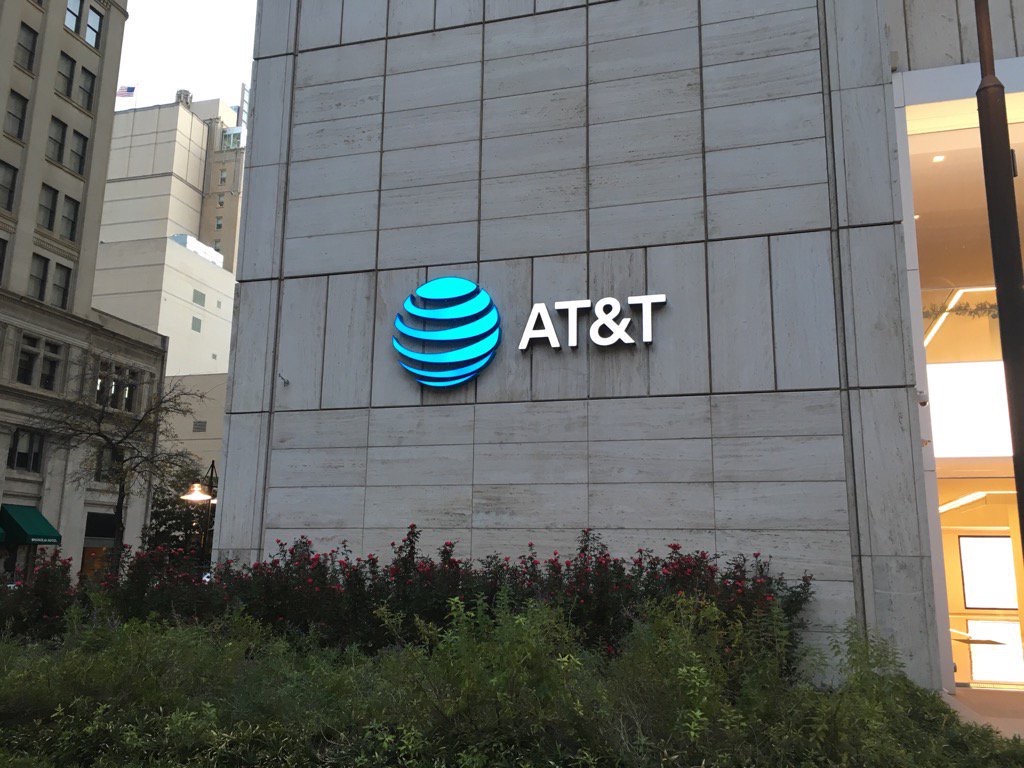In a digital age where data is the new gold, the security of personal information has never been more critical. The recent revelation that AT&T, one of the largest telecommunications companies in the United States, experienced a significant data breach is a stark reminder of the vulnerabilities that exist within our cyber infrastructure. Millions of current and former AT&T customers’ data, including highly sensitive information, has been leaked on the dark web, raising alarms across the cybersecurity community.
The breach, which AT&T reported on a Saturday, has exposed personal data from an estimated 7.6 million current and 65.4 million former account holders. This alarming figure totals around 73 million people whose information has been compromised. The data set, which appears to be from 2019 or earlier, surfaced on the dark web about two weeks ago, and the origin of the leak remains a mystery.
For those affected, the breach is a significant concern. The leaked data may include full names, email addresses, phone numbers, social security numbers, AT&T account numbers, and passcodes.
In response to the incident, AT&T has taken proactive steps to mitigate the damage. The company has reset passcodes for account holders and is advising customers to change their passcodes as a precaution. Additionally, AT&T is offering complimentary identity theft and credit monitoring services to those whose sensitive personal information was compromised.
The advice from cybersecurity experts is clear: affected individuals should be vigilant. They should check their credit files, enable two-factor authentication on all accounts, and consider a credit freeze to prevent fraudulent activities. The breach serves as a reminder of the importance of cybersecurity hygiene for both individuals and corporations.

This is not the first time AT&T has faced a data breach. In 2021, a hacking group claimed to have data on 70 million AT&T customers. While the company disputed the claims at the time, the recent leak suggests that customer data is a recurring target for cybercriminals.
The telecommunications industry as a whole has seen its fair share of data breaches. T-Mobile and Verizon, AT&T’s main competitors, have also suffered significant breaches in recent years. These incidents highlight the broader issue of data security within the sector and the need for robust cybersecurity measures.
The Federal Communications Commission (FCC) has recognized the gravity of the situation and updated its data breach notification rules to better protect sensitive customer information. These updated rules reflect the evolving landscape of digital security and the need for stringent protective measures.
When the investigation into the AT&T data breach continues, with both internal and external cybersecurity teams involved, the company and its customers stay on high alert. The breach is a sobering reminder that in the interconnected world of the internet, the protection of personal data is paramount.
The AT&T data breach is a wake-up call for all stakeholders in the digital ecosystem. It underscores the necessity for continuous vigilance, robust cybersecurity infrastructure, and proactive measures to safeguard against such threats. As we navigate through the complexities of the digital age, let us take this incident as a lesson in the importance of protecting our digital identities.





